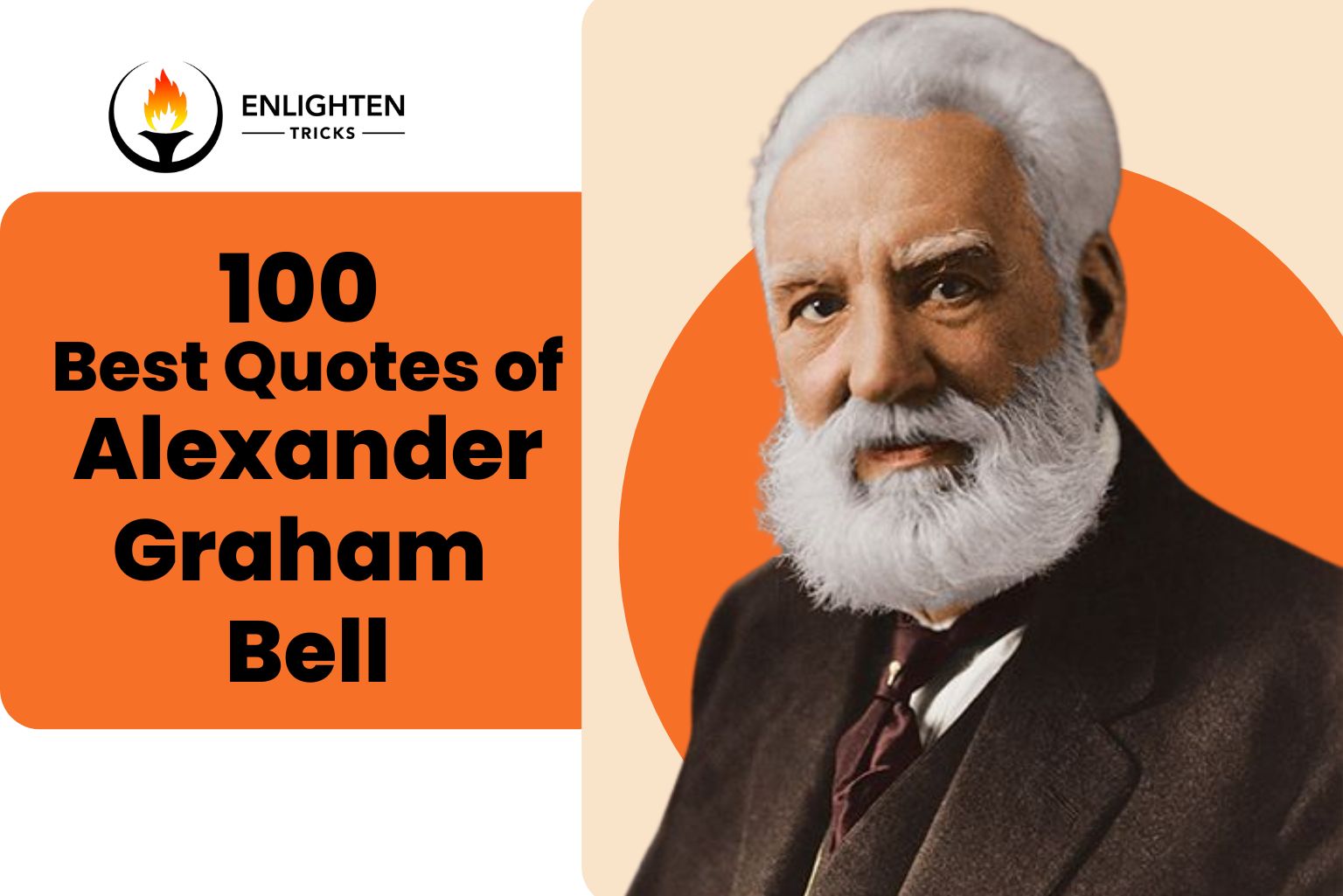Cultivating motivation is an essential skill for success in all aspects of life. Whether pursuing academic excellence, achieving career goals, or maintaining physical fitness, motivation provides the spark that ignites our efforts and keeps us moving forward.
Set SMART goals, break them down into smaller steps, visualize success, find a mentor, reward yourself for milestones, maintain a positive mindset, seek support, practice self-care, and don’t fear failure. Remember, motivation is a journey, not a destination. Cultivate the inner drive and perseverance to pursue your dreams with unwavering determination.
Let’s dive in!
Significance of motivation in personal development and success
Motivation is essential for personal development and success. It helps us to set goals, take action, and overcome challenges. Motivated people are more likely to be happy and fulfilled with their lives. They are also more likely to achieve their goals and reach their full potential.
The Power of Motivation
Motivation is the driving force behind all human behavior. It is what compels us to act, even when faced with challenges. Motivated people are more likely to take risks, step outside of their comfort zone, and persevere in the face of adversity.
Key benefits of motivation
Motivation offers a number of key benefits, including:
- Increased productivity and efficiency
- Enhanced creativity and innovation
- Greater resilience and perseverance
- Improved mental and physical health
- Increased happiness and fulfillment
Role of motivation in setting and achieving goals
Motivation is essential for setting and achieving goals. When we are motivated, we are more likely to set clear and specific goals, develop a plan to achieve our goals, and take action towards our goals. We are also more likely to persevere in the face of challenges and setbacks.
Intrinsic motivation
Intrinsic motivation is the drive to do something because it is enjoyable or satisfying. It is fueled by our own interests, values, and goals. Examples of intrinsically motivated actions include:
- Playing a musical instrument for the love of music
- Reading a book because you enjoy the story
- Volunteering your time to a cause you care about
- Learning a new skill because you are curious and want to challenge yourself
Extrinsic motivation
Extrinsic motivation is the drive to do something because it will lead to an external reward or punishment. Examples of extrinsic motivators include:
- Working hard at your job to get a promotion
- Studying for a test to get a good grade
- Exercising to lose weight and improve your health
- Following a diet to avoid health problems
Amotivation
Amotivation is the absence of motivation. It is a state of indifference or apathy. People who are amotivated may not have any clear goals or interests, and they may not be motivated to take action to achieve their goals.
Causes of Amotivation
Amotivation can be caused by a number of factors, including:
- Depression
- Anxiety
- Learned helplessness
- Lack of self-efficacy
- Boredom
Strategies to Combat Amotivation
There are a number of strategies that can be used to combat amotivation, including:
- Setting clear and achievable goals
- Finding activities that are enjoyable and meaningful
- Building self-efficacy
- Creating a supportive environment
- Seeking professional help if needed
Maslow’s Hierarchy of Needs and its relation to motivation
Maslow’s Hierarchy of Needs is a theory of human motivation that posits that people are motivated to fulfill certain basic needs in a hierarchical order. The hierarchy consists of five levels: physiological needs, safety needs, love and belonging needs, esteem needs, and self-actualization needs.
People are motivated to satisfy their needs at the lowest level of the hierarchy first. Once their basic needs are met, they can move on to satisfying their higher-level needs. For example, a person who is hungry will be motivated to find food before they are motivated to pursue their goals of self-actualization.
Self-Determination Theory and Intrinsic Motivation
Self-Determination Theory is a theory of human motivation that focuses on the role of intrinsic motivation. The theory posits that people are more motivated to do things when they feel a sense of autonomy, competence, and relatedness.
- Autonomy is the feeling of being in control of one’s own actions and decisions.
- Competence is the feeling of being able to successfully complete tasks.
- Relatedness is the feeling of being connected to others and having a sense of belonging.
Expectancy Theory and motivation in goal setting
Expectancy Theory is a theory of motivation that explains how people choose and perform tasks. The theory posits that motivation is determined by the individual’s expectancy, valence, and instrumentality.
- Expectancy is the belief that effort will lead to performance.
- Valence is the value that the individual places on the outcome.
- Instrumentality is the belief that performance will lead to the desired outcome.
Overcoming Motivational Challenges
Common barriers to motivation include:
- Procrastination
- Self-doubt
- Fear of failure
- Lack of self-discipline
- Perfectionism
Practical strategies to overcome these challenges
There are a number of practical strategies that can be used to overcome common barriers to motivation, including:
- Setting realistic and achievable goals
- Breaking down large goals into smaller, more manageable tasks
- Creating a plan to achieve your goals
- Rewarding yourself for your accomplishments
- Finding a support system
- Seeking professional help if needed
Real-Life Success Stories
Inspirational stories of individuals who used motivation to achieve remarkable success
Here are a few inspirational stories of individuals who used motivation to achieve remarkable success:
Oprah Winfrey: Oprah was born into poverty and faced many challenges in her early life. She overcame these challenges and went on to become one of the most successful talk show hosts and businesswomen in the world.
Steve Jobs: Steve was born to unwed parents and was adopted by a working-class family. He dropped out of college and started Apple in his garage. Apple is now one of the most successful technology companies in the world.
J.K. Rowling: J.K. was a single mother living on welfare when she wrote the first Harry Potter book. She was rejected by 12 different publishers before her book was finally accepted. The Harry Potter series has gone on to sell over 500 million copies worldwide.
Michael Jordan: Michael was cut from his high school basketball team. He worked hard and improved his skills, and he went on to become one of the greatest basketball players of all time.
These are just a few examples of individuals who used motivation to overcome challenges and achieve remarkable success.
Lessons and insights drawn from these success stories
The following lessons and insights can be drawn from the success stories of these individuals:
- Motivation is essential for success. When we are motivated, we are more likely to set goals, take action, and overcome challenges.
- Never give up on your dreams. No matter how difficult things may seem, it is important to never give up on your dreams.
- Hard work and perseverance pay off. When we are willing to work hard and persevere, we can achieve anything we set our minds to.
Motivation as a catalyst for change
Motivation is a powerful catalyst for change. When we are motivated to change, we are more likely to take action and make the necessary changes to achieve our goals.
Motivation can help us to:
- Break bad habits and develop new, healthier habits.
- Overcome fears and phobias.
- Lose weight and improve our health.
- Start a new business or career.
- Build stronger relationships.
- Achieve our goals and dreams.
Conclusion
I encourage you to harness the force of motivation to shape your life. Set goals that are important to you, develop plans to achieve your goals, and take action towards your goals. Be persistent and never give up on your dreams.








